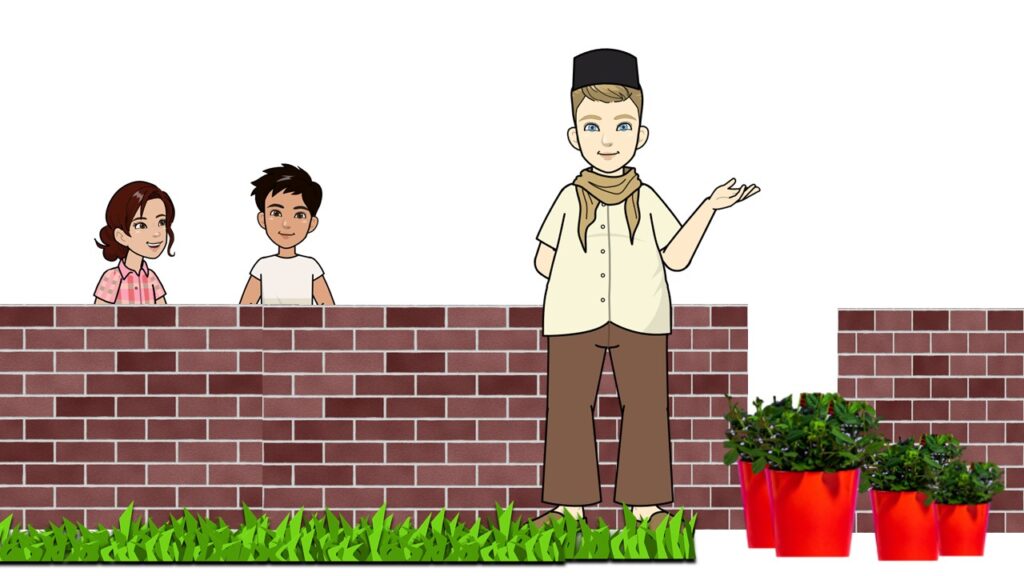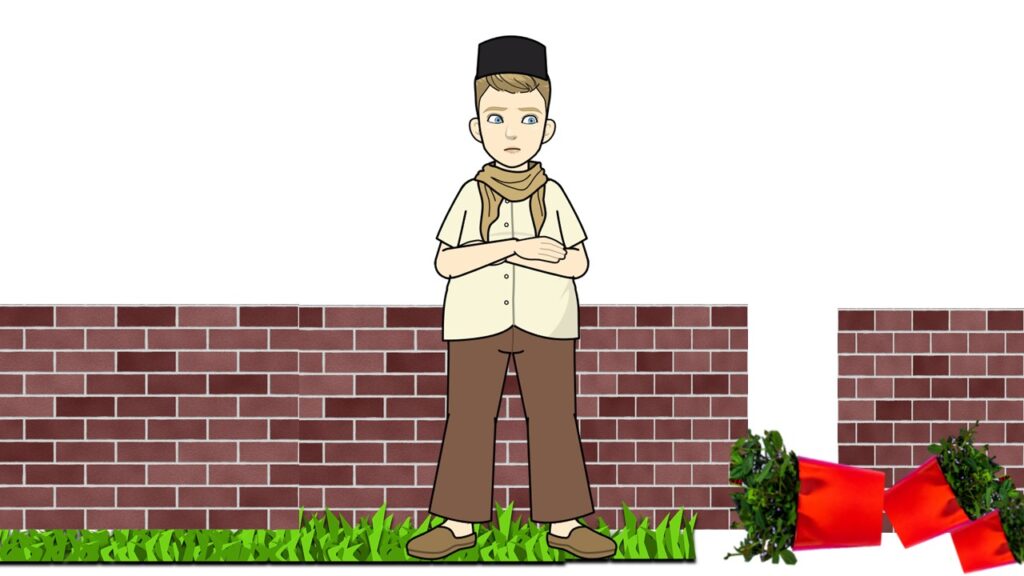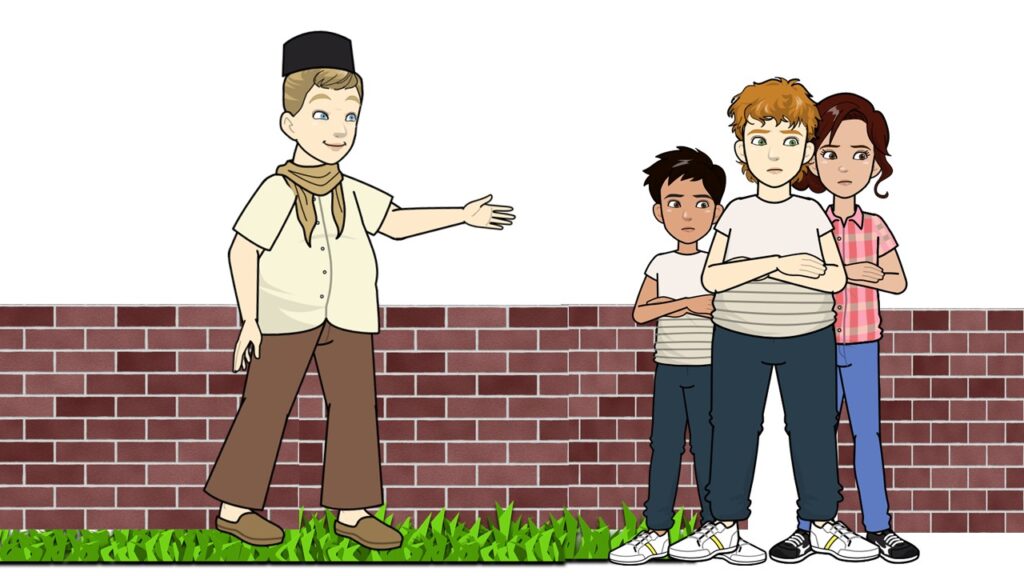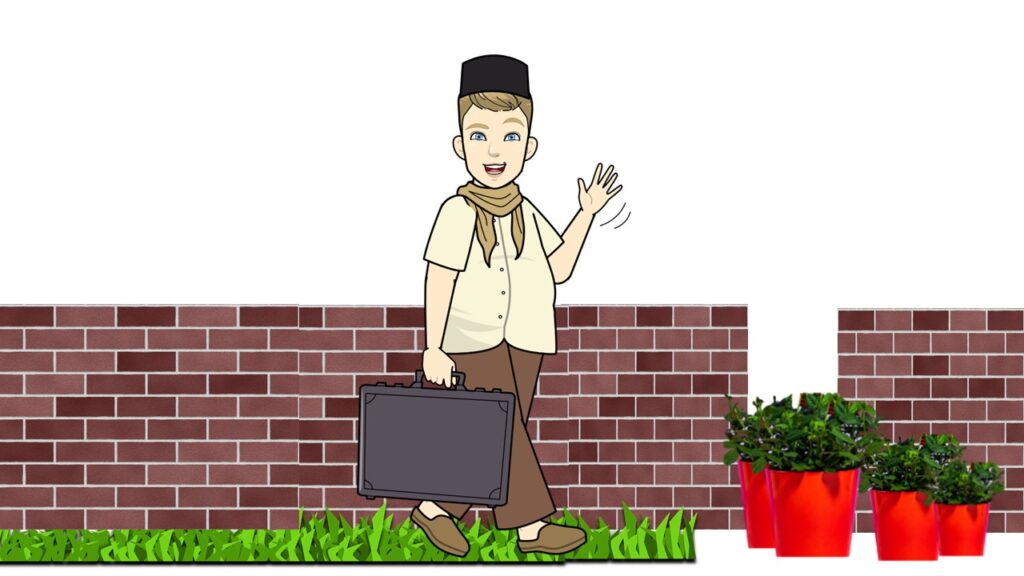Many professionals find the concept of intrinsic and extrinsic motivation very vague. How are they different and how can we apply them in our lives?
Here is a story that can help understand the two types of motivation better.
In the town of York there lived an old man. He was an avid gardener and had numerous flower pots. To him his flower pots were very precious and he tended to them every day.

In the York 24th residential colony, there were many kids. There was no open space for them to play. They used to come and play in the old man’s yard, if they thought he was away. When they played there, the pots would be broken and the yard would be a mess.
This irritated the old man and if he saw them, he would immediately chase them away.

Now, the old man had a daughter who was abroad and he used to visit her every year. When he goes to her place it would be for 4 to 6 months at a time. When he came back, he would find the pots destroyed and yard would be a horrible mess.

He was frustrated with the kids and wanted to put a stop to this once and for all.
He had a great idea which he decided to test. One day he stayed inside the house and thinking he was not home, the kids climbed over the wall and started playing in the yard. When they started playing, he approached them. Seeing him they started to run but he said, “hold on, I don’t want to chase you away. In fact, I want you to come every day and play here”.
The kids stopped in their tracks.
Was this old man crazy?
Pay for playing in his yard?
“Hear me out”, he said, “you see I realized today that its only when you guys use this yard there is some activity. Otherwise, the whole day I feel lonely and dull. So, I want to give each one of your $3 each for coming here and playing every day. You have to come in at 5 pm and play till 6:30 pm, and I will pay you $3 each. How is that?“.

The kids though the guy was mad but they did want the money!
They agreed. The next day they came to play, the old man tracked the time and paid them $3 each. This continued for a whole week.
The next Monday, while they were paying, he came out and said, “there is recession in my daughter’s country and she is not sending me money as usual, so I can only pay $1 each day. But please do not stop coming, I will pay you everything I owe, once she resumes sending me the money. Do continue coming in at 5 pm and stay till 6:30 as we agreed”.
What did the kids do?
Well, the kids were resentful but they discussed and agreed to continue coming as long as he is paying $1, and promised to clear off all the dues soon. A week goes by and the old man approaches them again and says, the recession has started here as well, I will not be able to pay you the $1 till it is over. I am so sorry, but please continue coming, it gives me so much joy to see you play here. I will pay you everything I owe as soon as the situation changes.
What do you think was the response of the kids? Do you think they would agree to continue playing?
No at all. Instead, they got angry and said, “you, old man, are cheating us of our pay. We need all that you owe us to be paid up and until you do that we refuse to come here. In fact, we will not let any other kids come here till you pay up all the money”. And they went away in a huff.
The old man now travels and stays with his daughter 6 months and more, and when he returns the pots are intact and the yard is as clean as he left it!

What happened? How did he get the kids to stop coming?
Well, the reason why they really came to pay in the beginning, was because of intrinsic motivation- playing was something that gave joy. The opportunity to engage in play with others was generating the motivation.
The cunning old man started paying them to play and quantified their effort. He turned the intrinsic motivation to extrinsic. Once this was done, the activity became a chore which they engaged in just for the sake of money, which is an extrinsic reward. Then, he stopped the extrinsic rewards and with that the motivation also stopped.
How does this apply to our careers? Similar to the kids , over the years, the careers we chose and loved initially may have been turned into burdensome chores because we start focusing on the extrinsic factors alone- the money, the work environment and how people treat us.
If we are not careful, changes in the extrinsic conditions can also change our motivation levels. Our will career starts becoming a burden rather than a joy, and we lose our drive to excel. Don’t let that happen. If you find yourself losing the drive, refocus on the intrinsic factors that used to give you joy in the career and you will get back drive and vigor.
[learn_press_profile]